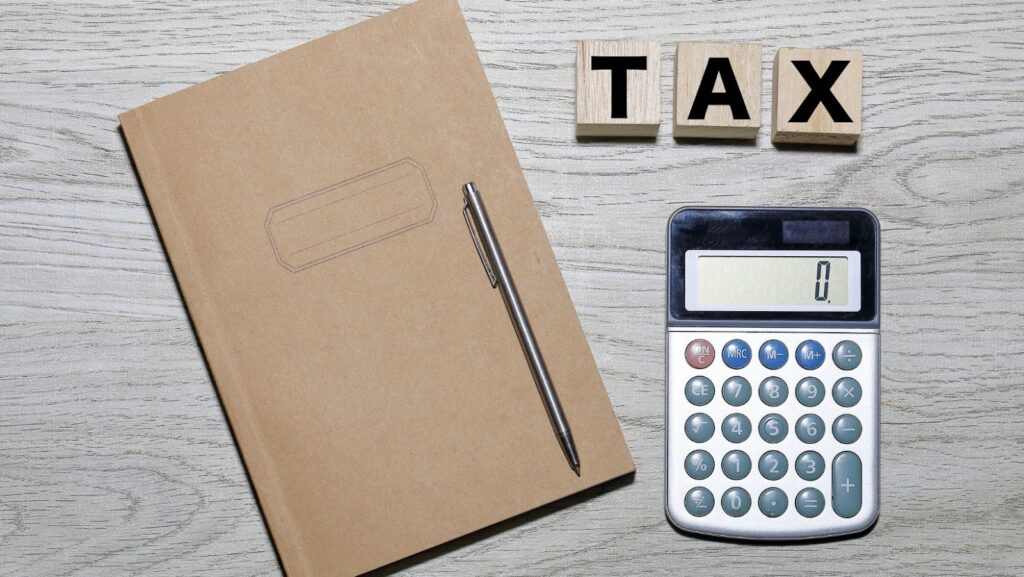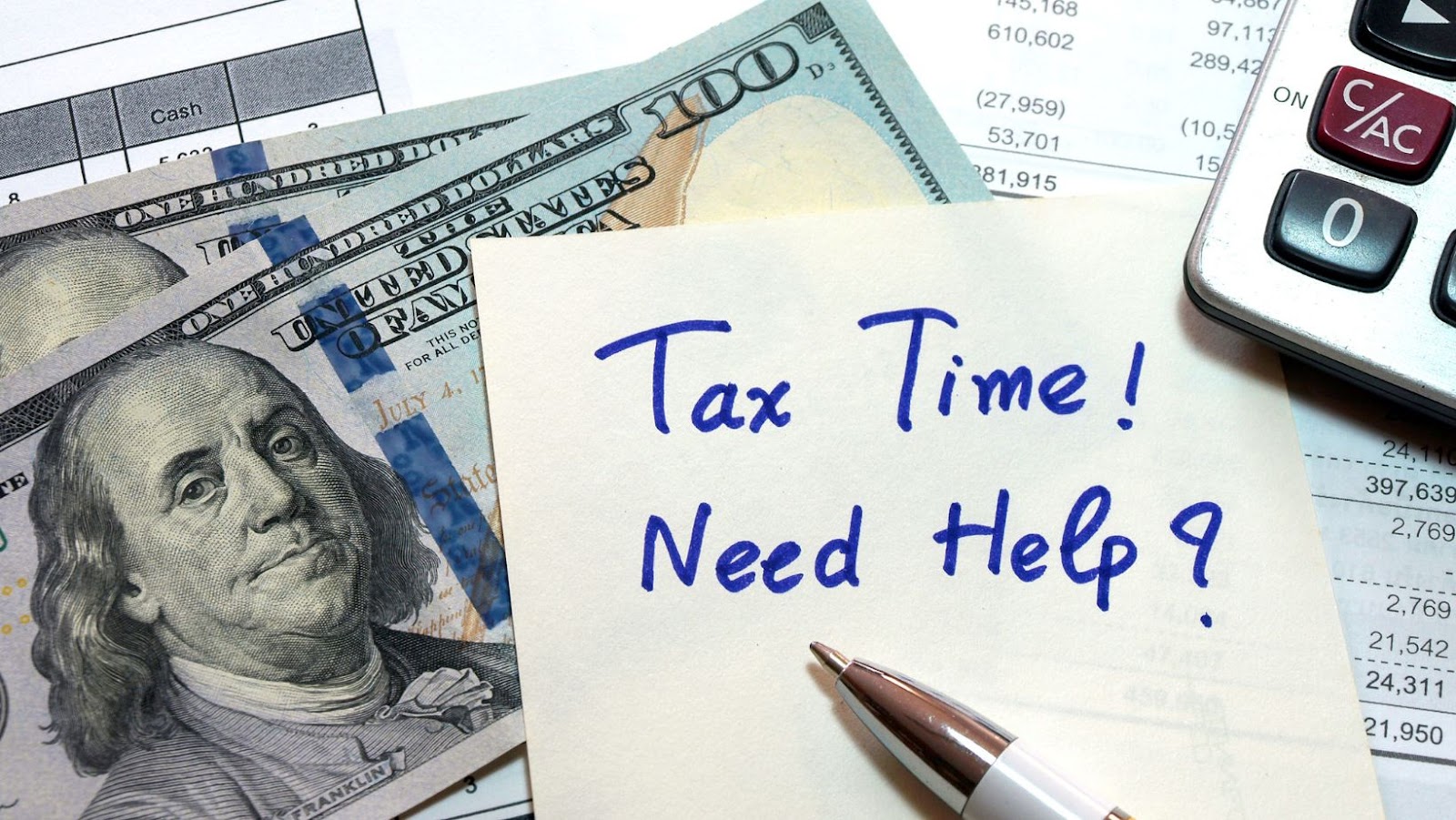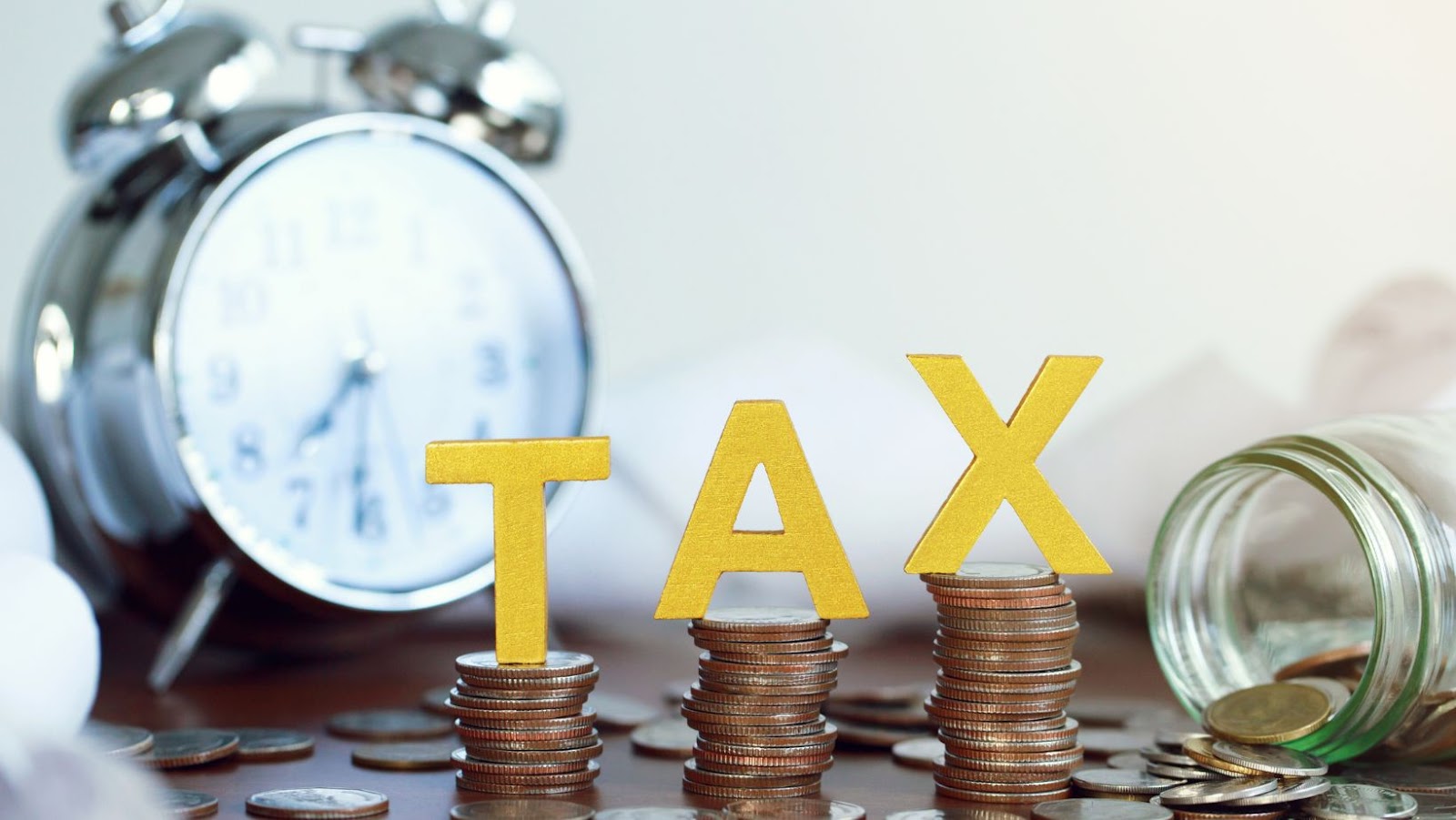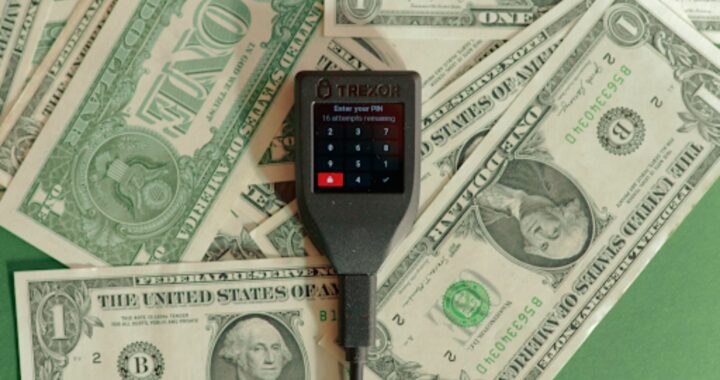
Consequences of Not Paying Property Taxes on Time
Owning a property requires paying property taxes, which is a significant expense for most homeowners. However, there may be circumstances that prevent a homeowner from paying their property taxes. In such cases, they may wonder, how long can they go without paying their property taxes before facing consequences?
There is no definitive answer to the question of how long a homeowner can go without paying their property taxes. The length of time before facing legal consequences varies depending on several factors, including state laws, the tax amount owed, and the specific circumstances of the homeowner. Generally, property taxes become delinquent if not paid within a particular time frame, which could lead to severe consequences.
Failure to pay property taxes on time could lead to late fees, interest, and penalties on the overdue amount. In the worst case, the homeowner could lose their property through a tax foreclosure. Homeowners who are unable to pay their property taxes should explore other options, such as property tax relief programs, payment arrangements, or installment plans to avoid facing severe consequences.
How Long Can You go Without Paying Your Property Taxes
As a homeowner, it is essential to stay on top of your property taxes to avoid severe consequences. If you fail to pay your property taxes on time, you may face penalties, interest, and even lose your property.
Here are the potential consequences of not paying property taxes on time:
- Penalties and Interest: Each state has its own set of rules when it comes to penalties and interest for delinquent property taxes. In general, once the deadline for payment has passed, you’ll typically be charged a percentage of the unpaid taxes each month. Additionally, unpaid property taxes may accrue interest at a rate of 1% to 2% per month.
- Property Lien: If you don’t pay your property taxes for an extended period, your taxing authority may place a lien on your property. A lien is a legal claim on your property, indicating that the taxing authority has the right to sell it to collect the unpaid taxes.
- Foreclosure: If you continue to ignore property taxes, a foreclosure may eventually occur. A tax foreclosure is the legal process by which your property is sold at a public auction to satisfy your unpaid taxes. After the sale, the new owner will have complete rights to the property, and you’ll lose all ownership.
- Decrease in Credit Score: Failure to pay property taxes may also impact your credit score, making it challenging to secure loans in the future.
In short, ignoring your property taxes is not a wise decision. If you’re experiencing financial difficulty, it’s best to contact your tax authority immediately and work out a payment plan. Remember, the longer you wait, the more severe the consequences may be.
How Long Can You Delay Your Property Tax Payment?
Paying property taxes is an essential aspect of being a responsible homeowner. However, circumstances such as financial hardship or unemployment may make it difficult to keep up with property tax payments. So, how long can you go without paying your property taxes?
The answer varies depending on your state’s laws and regulations. Some states allow a grace period of several months to pay property taxes, while others demand payment as soon as the bill is due. It is essential to check the property tax laws in your state to understand the specifics that apply to you.
In most states, a delinquent property tax bill incurs penalties and interest rates that increase over time. In some cases, the government may place a tax lien on your property, allowing them to seize the property if the taxes remain unpaid for an extended period. Therefore, delaying payment may come at a considerable cost.
Here are some of the things you should know about delaying property tax payment:
- Penalties and interest rates: Most states impose penalties and interest rates on unpaid property taxes. These fees increase as time elapses, making it more difficult to pay off the bill.
- Tax lien: If the delinquent taxes remain unpaid for an extended period, the government may place a tax lien on the property. This means they can sell the property to recover the unpaid taxes.
- Payment plans: Some states offer payment plans to homeowners who are struggling to pay their property taxes. These payment plans allow them to pay off the balance over time while avoiding liens and penalties.
In conclusion, the amount of time you can delay paying your property taxes varies depending on the laws in your state. However, it is generally not advisable to delay payments as it incurs additional costs and may result in the loss of your property. It is crucial to contact your tax assessor’s office if you are struggling to make your payments or have any questions about your property tax.
If you’re struggling to make ends meet, it’s understandable if you’re unable to pay your property taxes. But how long can you go without paying your property taxes? Well, the answer varies from state to state, but generally speaking, you can go anywhere from a few months to several years without paying your property taxes. However, there are serious consequences to not paying property taxes on time, including interest, penalties, and even the loss of your property.
If you’re in a situation where you cannot pay your property taxes, there are several options to consider:
- Contact your local tax collector’s office: If you’re unable to pay your property taxes on time, contact your local tax collector’s office and explain your situation. They may be able to work out a payment plan with you or provide you with information on available tax relief programs.
- Look into tax relief programs: Many states offer tax relief programs for homeowners who are experiencing financial hardship or are unable to pay their property taxes. These programs can provide temporary relief or even forgiveness of your property taxes.
- Consider a property tax loan: If you’re unable to pay your property taxes on time, a property tax loan can provide the funds you need to pay your taxes and avoid penalties and interest. However, keep in mind that property tax loans come with high-interest rates and fees, so be sure to do your research before pursuing this option.
In conclusion, while you technically can go without paying your property taxes for a period of time, it’s not recommended. If you’re struggling to make your property tax payments, consider reaching out to your local tax collector’s office or looking into tax relief programs or property tax loans to help you get back on track.








